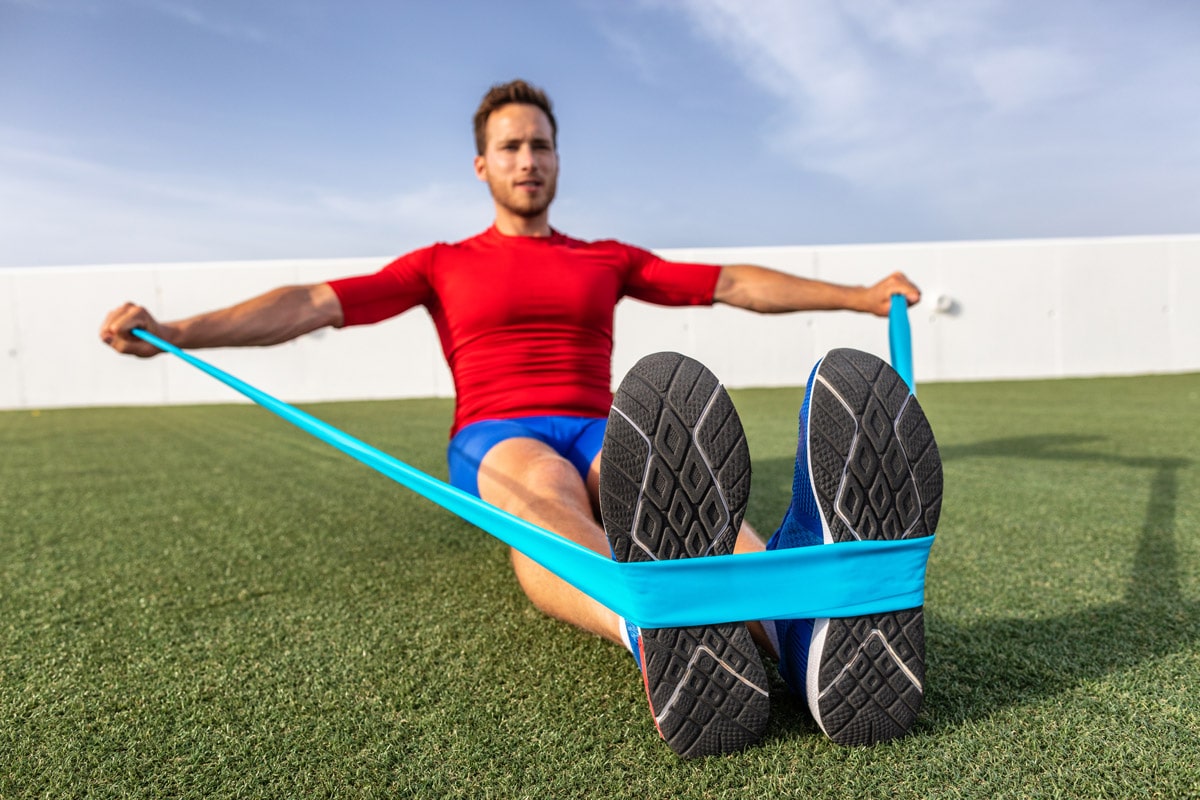Shoulder replacement
A shoulder replacement is the surgical approach to treating damaged shoulder joints.
Shoulder replacement
A shoulder replacement is the surgical approach to treating damaged shoulder joints.

What is a shoulder replacement?
The symptoms of a shoulder in need of replacement reflect conditions like arthritis (particularly osteoarthritis), fractures, and rotator cuff tears. If you experience ongoing pain or stiffness in your shoulder, you may need a shoulder replacement. You may also feel your shoulder catching or hear a noise when you move your arm. These are all signs that you may need to see a doctor and have your shoulder examined.
There are a number of possible explanations and surgical options for shoulder pain, it’s important to have a full medical assessment. Your doctor will check the condition of your shoulder joint and the surrounding muscles, bones, and cartilage. They will also assess any other conditions that may impact the approach to repair. Considerations include the physical requirements of your lifestyle and work.
There are a number of non-surgical treatment options for shoulder pain that precede surgery. With a combination of physiotherapy, anti-inflammatory pain relief medication, and, in some cases, steroid injections, many patients make a full recovery. However, if you have had treatment in the past and are still experiencing pain, a shoulder replacement may be required. The two most common options for surgery are total shoulder replacement, which involves replacing the ball and socket of the shoulder. The other is the reverse shoulder replacement. The most appropriate option for you will depend on the many factors and includes the health of the stabilising muscles in the shoulder.
While results will depend on the type of surgery you receive, both surgical options deliver strong success rates and most patients heal within three to six months. Patients who receive total shoulder replacement generally report that the pain and movement issues associated with osteoarthritis and similar chronic shoulder conditions go away within two years post-surgery. It is important to remember your results depend as much on your commitment to the rehabilitative exercises prescribed by your doctor.
Whilst the majority of people who undergo shoulder surgery do well and are very happy with their function and result, there are risks which are specific to shoulder surgery in addition to the general risks of surgery. This includes deep infection, injury to the nerves tendons or blood vessels close to the surgical field which may require further surgery, stiffness or developing a frozen shoulder, ongoing pain, fracture of the bones and abnormal pain responses such as Chronic Regional Pain Syndrome (CRPS).
Most of these risks are low and less than 5 %, but it is important to be aware of these risks before consenting to surgery. There are also risks relating to the specific type of shoulder surgery that you are having which Dr Cheriachan will discuss with you in detail during your consultation.
Your recovery and rehabilitation following surgical shoulder replacement happens in stages. In the initial recovery period, you will do exercises to prevent stiffness while protecting the joint. When your doctor decides that your recovery has suitably progressed, the exercises will begin to increase range of motion. Then, the focus turns to progressively rebuilding strength in the arm. This continues until your functional goals are achieved and you’re able to return to life as it was pre-operation.
Preparing for your visit
Dr Cheriachan consults from Norwest on Wednesdays and Blacktown on Mondays and Thursdays.
Your first visit will be used to carefully assess your condition as well as gathering all related health information. It is important that you bring all relevant documents including scans and x-rays. We also ask that you wear clothing that allows freedom of movement as your visit will include a physical examination.